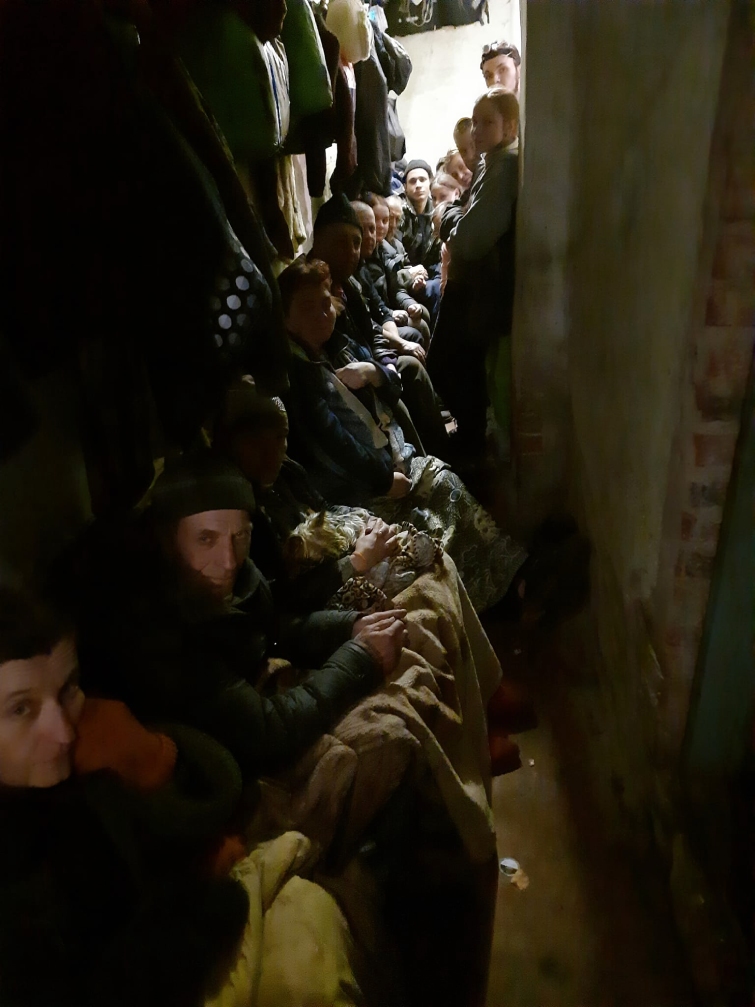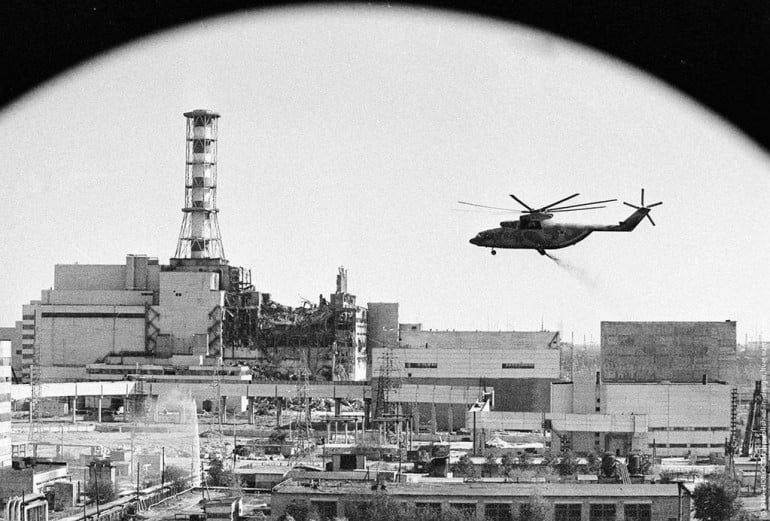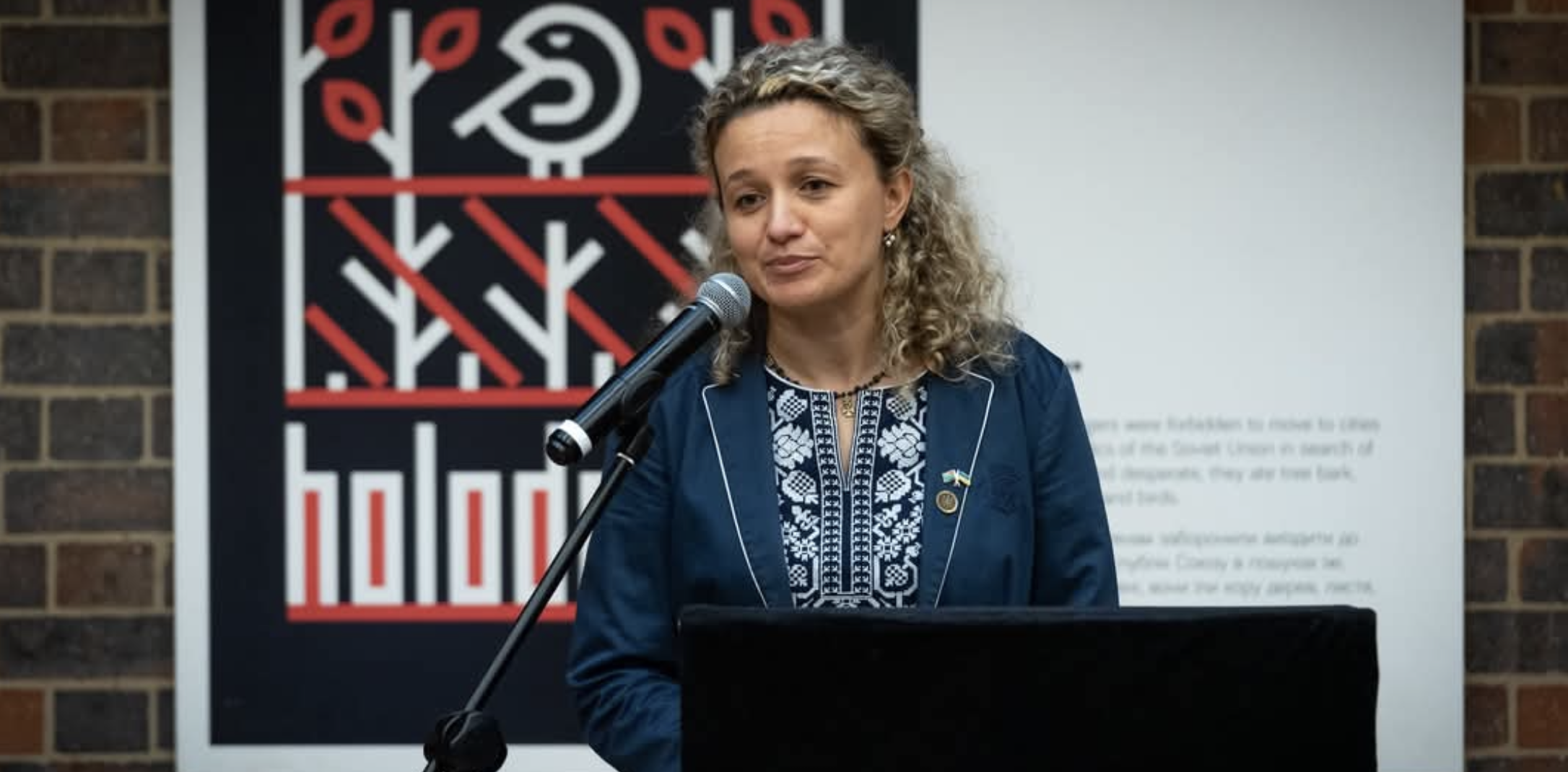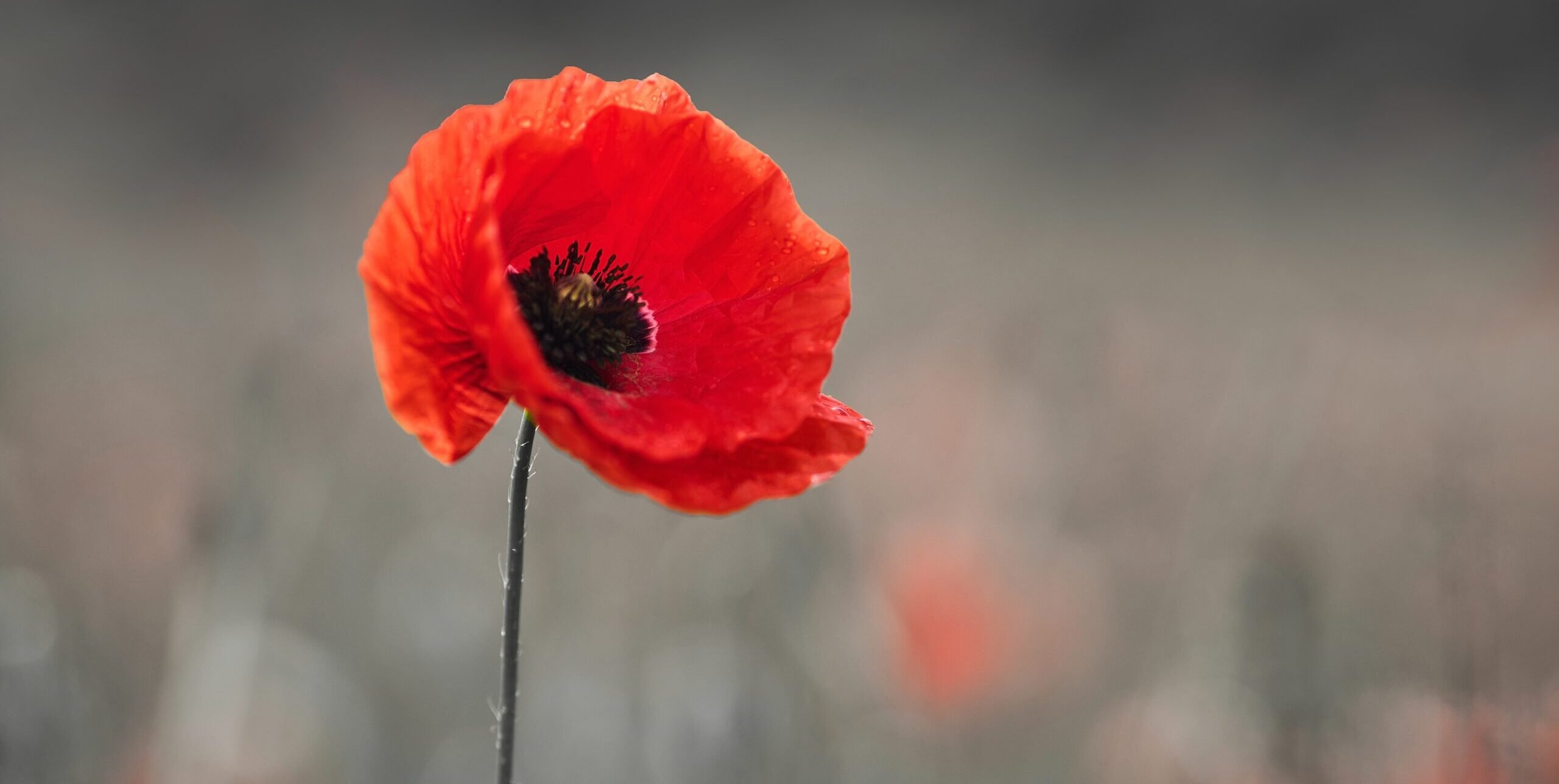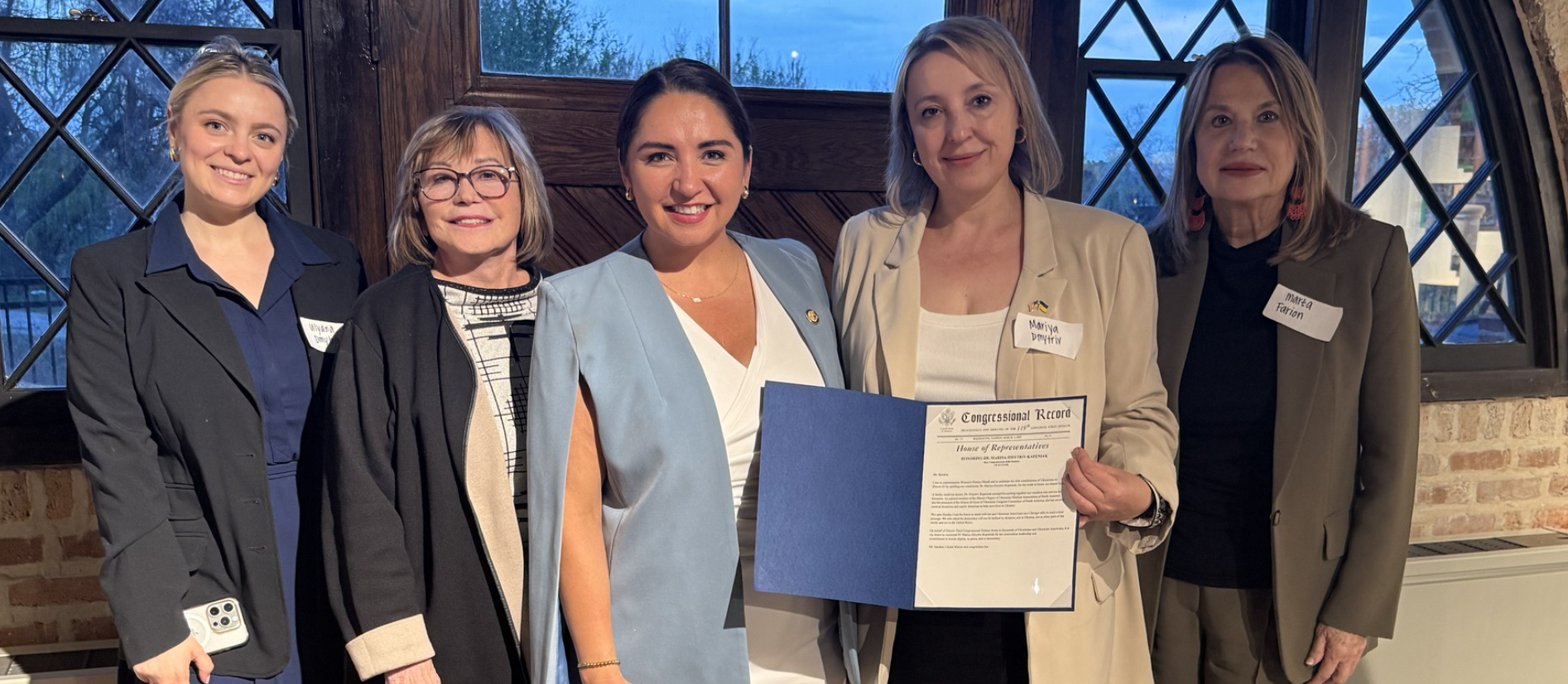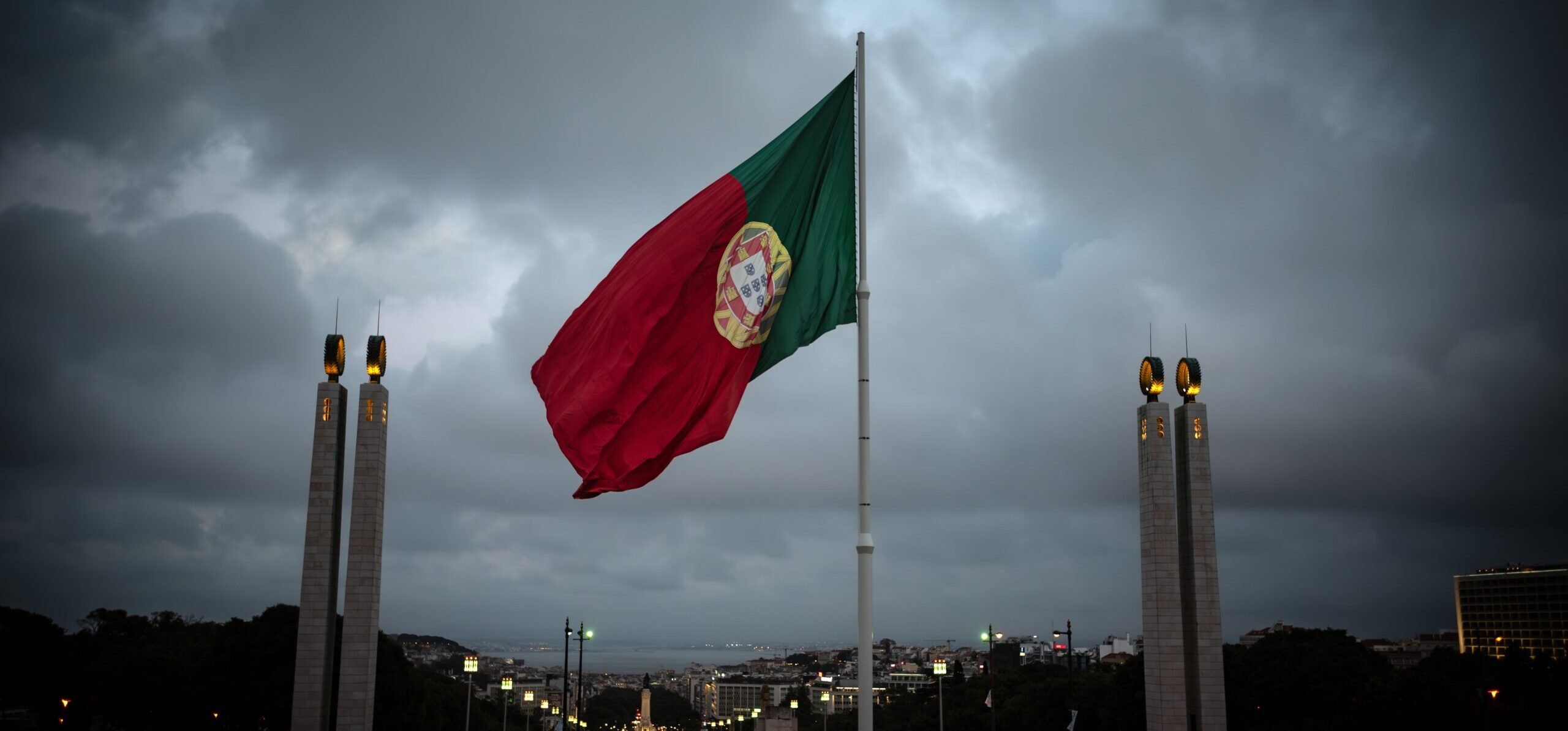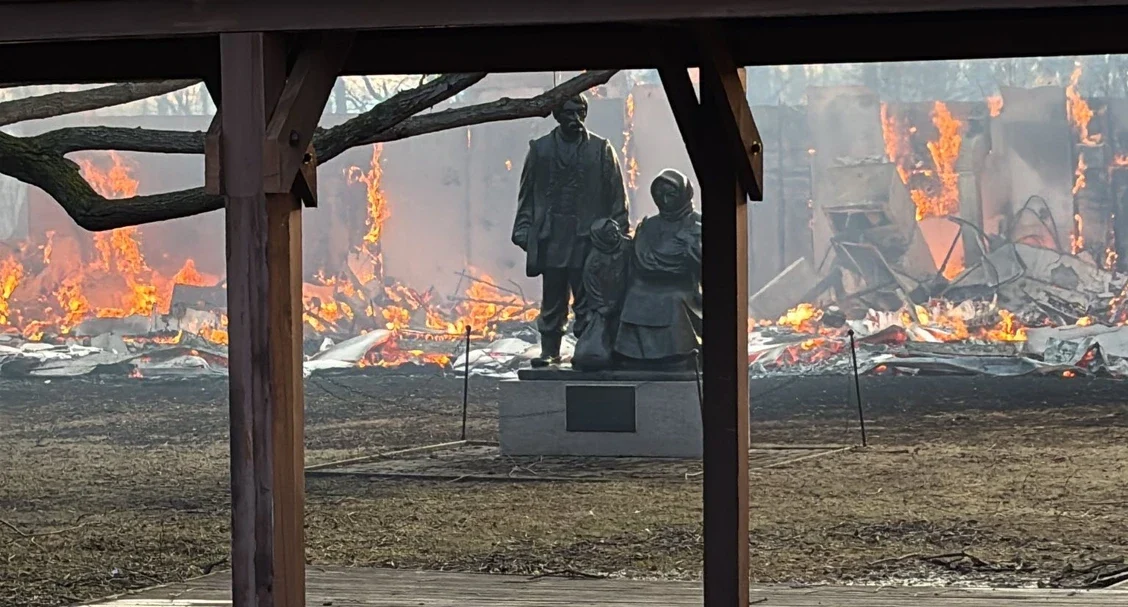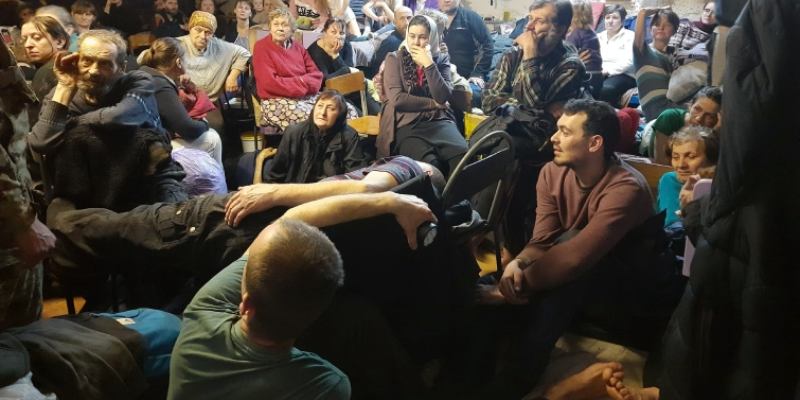
Thanks to countless movies, everybody can imagine what it means to be a hostage of terrorists. However, the cinematographic horrors pale compared to the reality of the russian occupation. What happens when the kremlin’s orcs take over a village?
So, imagine the unimaginable: 350 villagers packed up in a small school basement where they – those who survived – spent about a month without fresh air, sanitation, a possibility to lie, and often without food. Not a movie. This really happened in the village of Yahidne, Chernihiv Oblast, during the first months of the russian full-scale invasion.
Two volunteers, Svitlana and Lilia, were caught up in the russian offensive on their way home and had to stay in a village. When the Russians came, on March 3, the villagers were mostly hiding in their cellars and basements. Svitlana and Lilia also were in a cellar with nine other people. “We all sat as quiet as mice. When peeing into the bucket, we tried to do it in a way that the urine would hit its walls: that way it didn’t ripple. We sat in complete silence until 4:45 in the morning. And then the rashists started banging on our cellar,” Svitlana recollects.
They were kept in that cellar for two days. During that time the Russians were shooting men – for wearing military-style trousers, for reluctance to give away their cell phones, for a comment, and no reason at all.
On March 5, the rashists opened the cellars, put all people in a column, drove it, like a herd, to the local school, and squeezed all the 350 villagers into its cramped basement. The floor of the basement was entirely occupied by chairs, with no aisles. It was later calculated that each hostage had just 0.6 sq m of space.
“The orcs opened the door at seven in the morning for us to go to the toilet. But not always. There were days when we were locked in for two days or more. Old people wet and soiled themselves. And there was no way to clean it; it stank and got dried… Four buckets were allocated for the rest. But it was too few for more than three hundred people. There was no ventilation in the basement, and the stench was terrible. Some people couldn’t stand it and died from lack of oxygen,” Svitlana says. “The orcs warned us right from the start that they didn’t give a sh_t about us. They only needed us as a cover.”
If anybody died during the daytime, the russians allowed us to take the body out and put it in the boiler house nearby. If the death came in the nighttime, the corpse remained in the basement, next to women and children, till morning.
About a fifth of the hostages were children, the youngest having just 21 days of age when the occupation began. It was especially hard for the children to stay several days without food.
The russian terrorists made three attempts to take away young women but were so drunk, and the stench was so strong, that they gave up their intentions of rape.
On the night of March 31, sounds of hastily leaving vehicles reached the basement and then died away. The Russians were gone, and the Ukrainian forces evacuated the hostages the next day.
“I never thought that I would find myself in such a hell. The 21st century, the civilized world around… When all this happened to me, I did not believe that there was a chance of getting out alive. If the orcs had more time for their retreat, they would have burned us alive in that basement,” says Svitlana.
***
Yahidne was not alone as a showcase of russian atrocities – just less famous than, e.g., Bucha. And we don’t know how many such villages and basements there are in the territories still occupied by the russians.
Terrorism means the use of violence and fear, especially against civilians, in the pursuit of some political goals. Russian terrorism is especially ugly and inhuman because, to a significant extent, the russians use violence for the sake of violence – to kill, torture, and rape, that is, humiliate in any possible way. But maybe just this is their actual political goal?
Source: Ukrainska Pravda. Zhyttya
